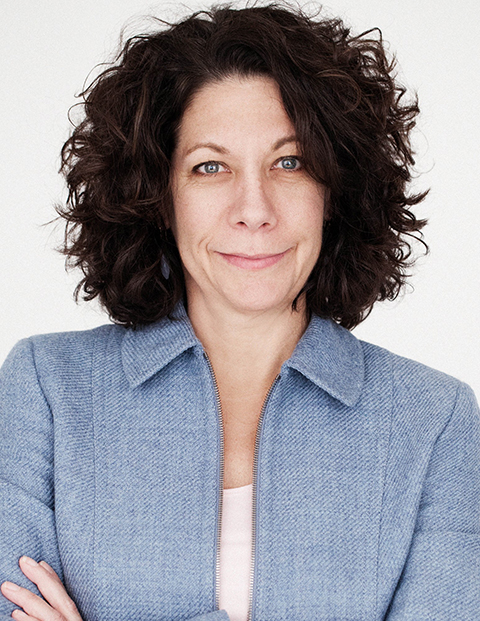Bassler receives National Medal of Science
Bonnie L. Bassler is one of 14 scientists to receive the 2025 National Medal of Science. She was recognized for her research on the molecular mechanisms that bacteria use for intercellular communication.

Bassler is a Howard Hughes Medical Institute Investigator and professor and chair of the department of molecular biology at Princeton University. Her lab focuses on quorum sensing, a process that allows bacteria to communicate using chemical signaling. Quorum sensing enables groups of bacteria to regulate gene expression, resulting in changes in behavior on a population-wide scale.
Among her many honors, Bassler is a member of the National Academy of Sciences, the National Academy of Medicine, the Royal Society, the American Philosophical Society, the American Academy of Arts and Sciences and she is a fellow of the American Association for the Advancement of Science.
She is a recipient of Princeton University President’s Award for Distinguished Teaching, the Wolf Prize in Chemistry, the Canada Gairdner International Award, the Princess of Asturias Award from the Spanish Crown, the Gruber Prize in Genetics, the Albany Prize in Medicine, the L’Oréal–UNESCO Women in Science Award and a MacArthur “genius grant.” Bassler was formerly the President of the American Society for Microbiology and the chair of the American Academy of Microbiology Board of Governors.
“I am delighted and honored to receive the National Medal of Science,” Bassler said. “Most moving and memorable to me were the speeches at the ceremony. They were not about a scientist being the best in a field, nor the first to make a revolutionary finding, but rather, about the importance of the recipients’ research and mentorship of the next generations of scientists to democracy and to the vitality of and possibilities for the nation now and going forward.”
The National Medal of Science was established in 1959 and is administered for the White House by the National Science Foundation. The medal recognizes individuals who have made outstanding contributions to science and engineering.
Enjoy reading ASBMB Today?
Become a member to receive the print edition four times a year and the digital edition monthly.
Learn moreGet the latest from ASBMB Today
Enter your email address, and we’ll send you a weekly email with recent articles, interviews and more.
Latest in People
People highlights or most popular articles

The timekeepers of proteostasis
Learn about the cover of the winter 2026 ASBMB Today issue, illustrated by ASBMB member Megan Mitchem.

Defining JNKs: Targets for drug discovery
Roger Davis will receive the Bert and Natalie Vallee Award in Biomedical Science at the ASBMB Annual Meeting, March 7–10, just outside of Washington, D.C.

Building better tools to decipher the lipidome
Chemical engineer–turned–biophysicist Matthew Mitsche uses curiosity, coding and creativity to tackle lipid biology, uncovering PNPLA3’s role in fatty liver disease and advancing mass spectrometry tools for studying complex lipid systems.

Summer research spotlight
The 2025 Undergraduate Research Award recipients share results and insights from their lab experiences.

Pappu wins Provost Research Excellence Award
He was recognized by Washington University for his exemplary research on intrinsically disordered proteins.

In memoriam: Rodney E. Harrington
He helped clarify how chromatin’s physical properties and DNA structure shift during interactions with proteins that control gene expression and was an ASBMB member for 43 years.

